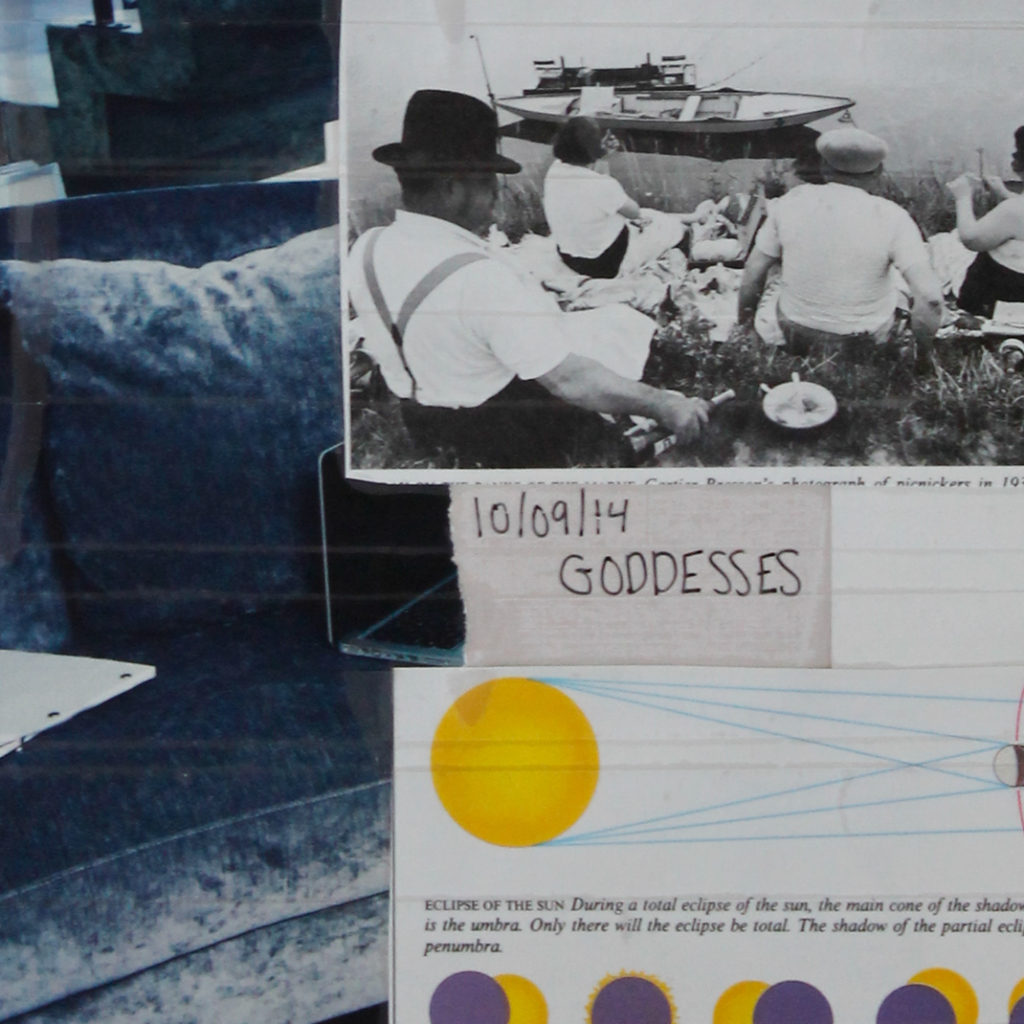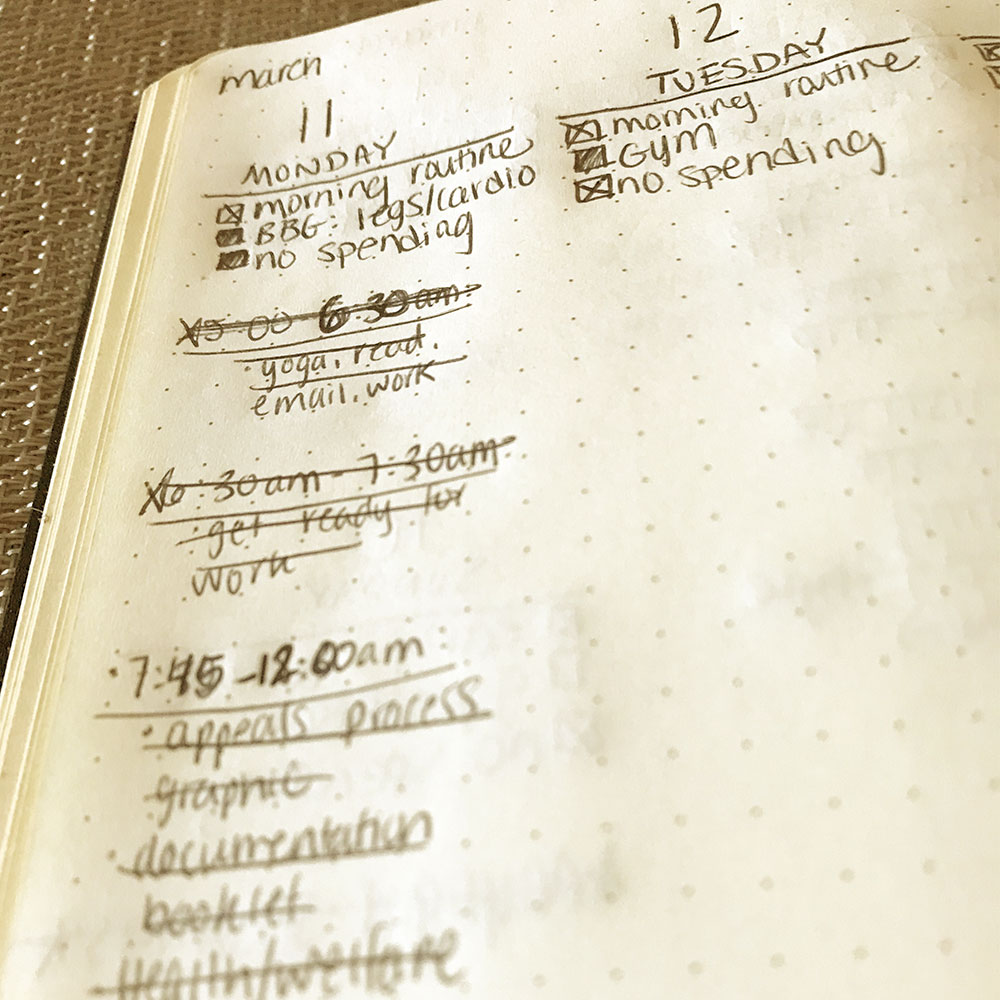Technology in the Classroom
Growing up with Technology: Education Practices and Changes
As I near the end of the fall semester in my final year of college, I
continually notice how I’ve grown as a student, how I’ve gotten to this
position. I’ve noticed how at 21 years old I still have the privilege to sit
in a traditional classroom setting, with notable professors, and engage
in materials, and high-level thinking. As I looked around in my
Consumer Behavior class this morning I noticed that only a handful of
spiral and composition notebooks were out in front of students, and
only a select few of those were actually being used to take notes.
Those with laptops only followed along with the lectures in between
doing other work or Facebook surfing. Other students continually
checked and went on their phones throughout class, some just looked
miserable to be there.
I was born in the mid-90’s, the same era that the computer and the
web were growing up. My elementary school classroom had the latest
models of Apple Desktops for us to fight over during recess. We had
typing classes. Math teachers often provided links to clever online
games that would improve our skillsets. SmartBoards that were once
mobile digital chalkboards that teacher’s shared amongst each other
became permanent attachments to high school chalkboards.
As I entered college laptops seemed to be the best way to take down
those quick lecture notes. Online interfaces such as BlackBoard
became regular ways to check homework assignments and contact
professors. Now I find my peers, and myself at times, are taking
pictures of slides and homework questions with the click of a button on
their iPhones.
These amazing technologies have certainly impacted my education for
the better; in fact my entire college career is based upon the
computer, as a graphic design major. I couldn’t imagine life without a
Wi-Fi connection in college. But sometimes I can.
My love of print stems back from those early classroom days, with
physical planners and agendas, continually practicing writing, school
supply shopping for the perfect binders, notebooks and folders. Print
materials have always excited me, something seems to have more
importance and value when it’s in my hand, I can turn pages, mark
those pages up, and interact with the material. I’ve found that I don’t
seem to fit in when it comes to purchasing textbooks online, reading
database articles for a research assignment, or uploading assignments
to a drive. Instead, I buy all physical textbooks, I love printing out my
rough drafts to edit them with pens and highlighters, and I absolutely
have to take notes by hand. There’s just something about turning a
beautifully crafted page full of new content at my fingertips. I can
hardly tolerate flipping through countless eye-searing tabs of onscreen
text, memorizing and interpreting a fact to then type that up in
a different word document. For me, synthesis and engagement takes
place at the moment between reading content, writing that specific
piece of information down, reading it again, understanding it until full
comprehension takes place, then integrating it into an essay or
project.
Shortcuts are the way of technological world; I mean who doesn’t love
that you can copy and paste just about anything on your mobile
device? My peers and I have adapted to the latest and greatest
changes in interfaces and productivity tools, we are lucky to have such
an exclusive connection. At the same time, however, I think it’s
imperative for my peers to look at the material we’re engaging with
and really interact with it. Putting in the “extra” effort it takes to look
up a book, find that book on a shelf, and then find supporting
information will guarantee you higher quality learning experience.
As the student it’s our opportunity to learn, to really immerse
ourselves in our domain. Although the Web is such a powerful tool, I
think many people would be surprised to see how different you think
when you start interpreting your own notes, physically writing dates
down in a planner, and actually searching for the right content. It not
only leads to exciting discoveries, but a more complex pattern of
thinking.






